Can Biohacking Make You Sick? Exploring a Mindful Approach
As the biohacking movement gains steam, the question of its safety and efficacy begs exploration. Advocates laud biohacking for its potential to enhance human performance and well-being, while detractors warn of self-inflicted harm. This stark dichotomy is emblematic of an age where self-optimization is both sought after and suspiciously scrutinized.
Introduction
The term 'biohacking' conjures images of science fiction and clandestine laboratories, yet the reality is often far less dramatic. Biohacking, as it stands today, is the practice of changing our biology using various means, from the innocuous personal wellbeing techniques to the more contentious self-experimentation. It's a movement without a central authority, a fringe science turned mainstream by virtue of technology's democratization. This democratization, I believe, wields both the promise of empowerment and the peril of misinformation.
The Potential Risks
The biohacking sphere is rife with snake oil salesmen and well-intentioned amateurs. Quick fixes, untested supplements, and DIY medical procedures are the fringe edges of biohacking, and they are not without their risks.
Overemphasis on Quick Fixes
One of the most dangerous aspects of the biohacking movement is the promise of quick fixes. Whether it's a new "superfood" or a 'revolutionary' but unproven supplement, these trends can lead to financial burden and, more crucially, disappointment when the expected miraculous health improvements do not materialize.
Neglecting Professional Advice
In the pursuit of health, biohackers can often neglect the standard advice of medical professionals. While holistic and personalized approaches to health are valuable, they should not come at the expense of evidence-based medicine. There is a reason modern medicine has strict protocols for testing and regulation.
Unregulated Practices
The DIY element of biohacking often operates within a legal grey area. What many don't realize is that they can be both the experimenter and the experiment, with little recourse if things go awry. The controversial opening of one's genetic code or unlicensed gene-editing, particularly those appealing for altering appearance, are but a few of the many areas ripe for unregulated practices.
Benefits of Mindful Biohacking
When approached with mindfulness and caution, however, biohacking can be a powerful tool for self-improvement.
Improved Self-Awareness
At its core, biohacking is about self-knowledge and self-care. Tools such as monitoring devices, sleep trackers, and dietary experiments can provide critical data to inform one's health decisions. They can teach us to listen to our bodies and to interpret the subtler signs of our well-being, fostering a deeper connection to our own health.
Personalized Health Optimization
The promise of biohacking lies in its potential to 'hack' our individual biology. By paying close attention to our body's response to different interventions, we can begin to tailor our health and wellness practices to fit our unique needs. This personalized approach has the potential to surpass the one-size-fits-all approach of traditional medicine.
Sustainable Lifestyle Changes
Perhaps the greatest benefit of biohacking is its ability to foster lasting change. By gradually implementing small, measurable improvements and observing their impact on our health, we can form habits that lead to broader lifestyle changes. The gradual, data-driven nature of biohacking stands in stark contrast to the unsustainable and drastic measures often associated with fad diets and quick fixes.
Personal Experience or Anecdotes
This discussion is at once academic and deeply personal. My own encounters with the biohacking movement have taught me that the line between improvement and self-harm is thin. I have celebrated the successes of better sleep and more energy through small dietary changes, and I have also experienced the frustration of wasted time and resources on promising interventions that fell flat.
Conclusion
In the age of information, ignorance is a choice, and poorly informed biohacking is a risky one. The fervor of the biohacking movement must be tempered by informed and cautious practices. It’s a plea for an individual’s choice to learn but also explore within the boundaries of our evolving understanding, under the guidance of those who have devoted their lives to the science of health.
I advocate for biohacking not as a precursor to dangerous experimentation, but as a marriage of data and science to improve our lives. When we approach biohacking mindfully, cherishing the potential for self-improvement without sacrificing responsibility or critical thinking, it can indeed become a powerful ally in our health journeys. The call is for a responsible biohacking movement, one that recognises the depth of knowledge required to adjust the controls of our biology, and the humility to engage with it responsibly.
Book your stay at Akasha now and enjoy all the great activities we have on offer!




